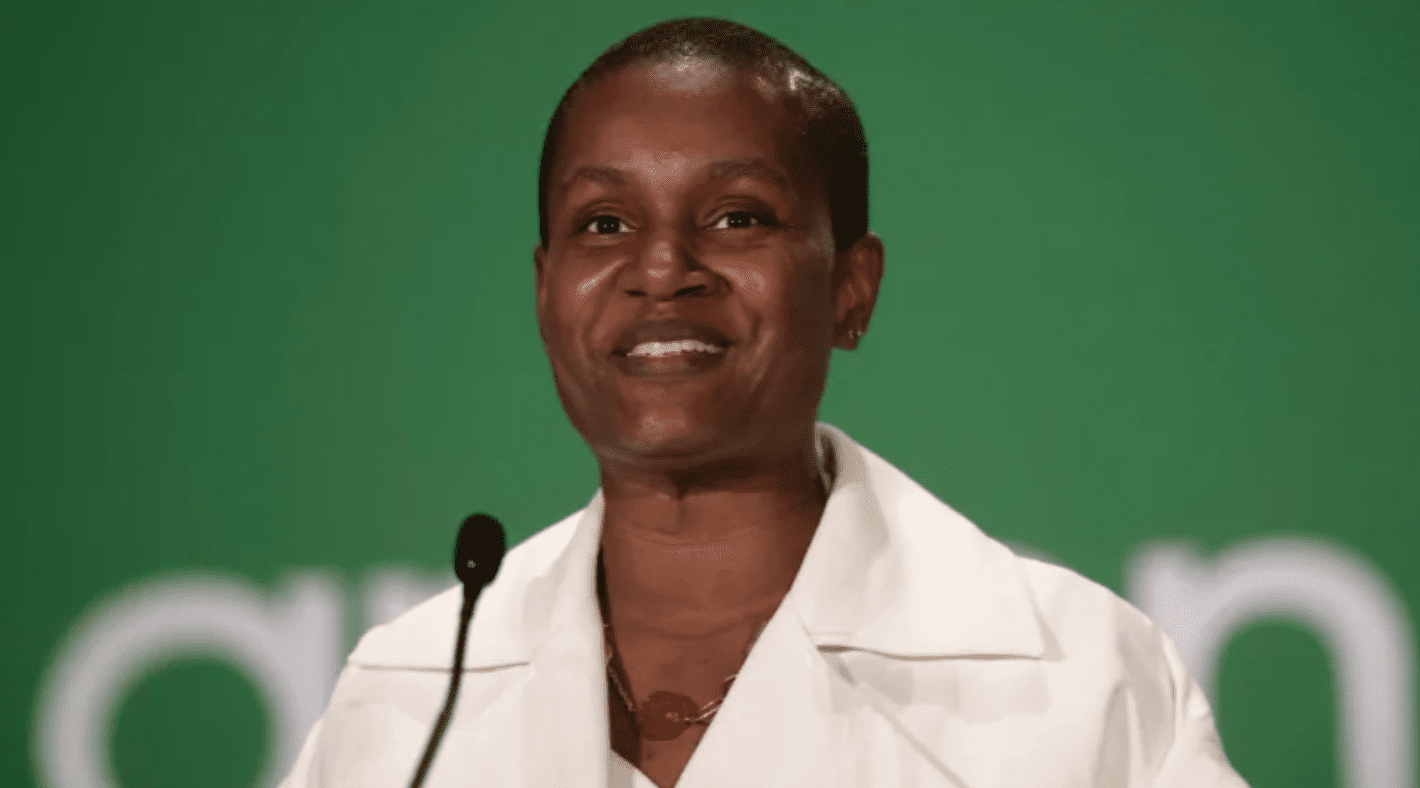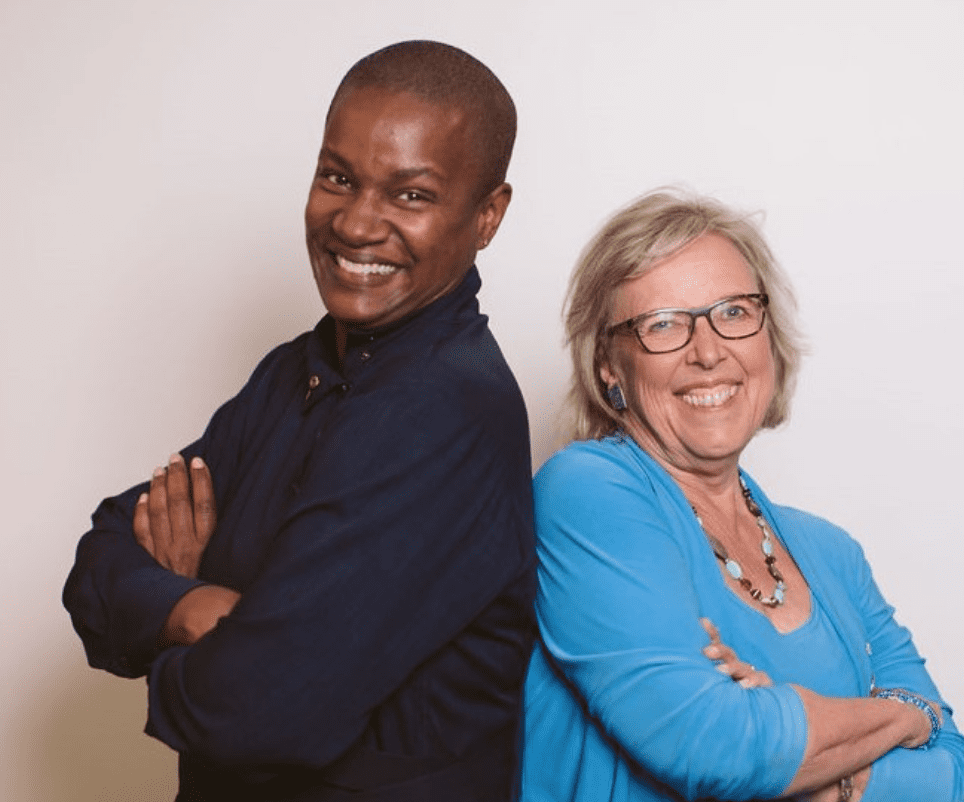Upon her election as the new leader of the federal Green Party this past weekend, Annamie Paul accused the governing Liberals and other parties of lacking ideas. "I am encouraging people to turn towards the Green Party if they're looking for a real plan, because what we see is that the other parties, unfortunately, are intellectually exhausted," Paul said, leading me to wonder how true the sentiment actually is. While she has a point that there is a reliance on platitudes and this would extend to all parties, including the Greens I wonder how much of this is about "real plans," or simply trying to layer on more platitudes.
It bears reminding that several of the Green's "real plans" in the last election were panned for being unrealistic, and some of their proposals wound up being withdrawn after the analysis they got back from the Parliamentary Budget Officer likely showed how unwieldly they actually were (which is the obvious deduction given that we never got to see those analyses). Some of the things that Paul stated that she was looking for in the Throne Speech, like a Guaranteed Liveable Income, are easier said than done, and would require a great deal of coordination with provinces, given that most social benefits are delivered at that level, and the "end poverty plan" of one of her fellow leadership candidates was also panned by experts in the field as smoke and mirrors. So clearly, Paul may need to look in the mirror about her party's on "real plans" before she starts dumping on the others.
Looking to the other parties, I'm not sure that I am yet at the point where we can consider the Liberals "intellectually exhausted," largely owing to the huge policy renewal that they undertook in the lead-up to the 2015 election. Justin Trudeau did assemble some big minds and created a very credible economic council as part of that exercise, and came up with a plan that saw some pretty hefty economic returns prior to the pandemic particularly with strong growth after years of near-stagnant levels that could be directly attributed to Conservative austerity as they tried to reach a performatively balanced budget (though the savings they booked as part of that were deceptive). Recall that the Bank of Canada was forced to keep interest levels low to continue to provide stimulus to the economy, which in turn meant that consumers piled on debt instead of the government. The decision to invest in the Canada Child Benefit and other programs, and to run a small deficit paid off, and Canada reached historic lows for unemployment.
This being said, the Liberals do face a challenge in trying to keep the momentum going on some of their bigger, more transformative projects in the face of the demands for short-term stimulus as part of the pandemic recovery. While said recovery has highlighted the need for them to accelerate some of those plans particularly around things like federal support for housing and childcare, as well as pharmacare most of those major projects are solidly within provincial jurisdiction and they have provinces who are reluctant to take on these commitments, despite the fact that they are precisely what is necessary for the kind of inclusive growth that our economy needs. I wouldn't call any of this intellectual exhaustion so much as it is the hard realities of implementation in a federal system like Canada's.
I would perhaps agree more with the notion that the Conservatives are "intellectually exhausted," given that their policy book has not advanced significantly since the Harper years, and the last few elections have simply been a retread of policies that depend on micro-targeting and boutique tax cuts that disproportionately benefit the wealthy, and further convolute the Tax Code. With Erin O'Toole now in charge, he has embarked on an ambitious plan to try and broaden the appeal of the party, but that mostly consists of him twisting himself into knots to both appeal to his base particularly the social conservatives while trying to make a populist appeal to working-class voters who traditionally vote NDP. The wholesale adoption of NDP talking points as part of his protectionist "Canada First" policy is such an example (while he simultaneously insists that he's a free trader really!), and his weaselling around social issues that are confronting him (such as banning conversion therapy) show him trying to sound like he's progressive while still keeping his social conservatives onside. One might suggest that instead of being intellectually exhausted, the Conservatives are merely intellectually dishonest.
And then there's the NDP the one party for whom exhaustion is probably most apt. Their policy book has simply become a recitation of tweets and policies extolled by Bernie Sanders and Alexandria Ocasio-Cortez, whether or not those policies are even applicable in Canada or not, likely because they are trying to piggy-back off the social media popularity of those American politicians, and because as a party they are reliant on the advice of former Democratic campaign strategists who put themselves up for hire. Add to that, their (presumably deliberate) confusion around questions of jurisdiction when it comes to promises makes it hard to take their pronouncements seriously.
No doubt Paul will insist that her party's grassroots process of policy development is more robust than those in other parties, and she's not entirely wrong the other parties have become so leader-centric that their policy resolution processes are largely a paper exercise but the flip-side for the Greens is that their process is a little too open and without any kind of adult supervision. This has led to platform promises being drafted by "men's rights activists," or other swivel-eyed loons, which causes them to lose even more credibility when they're put up to sunlight. In other words, none of the parties are actually doing a good job on this front, which is something that every Canadian should be concerned about and spur them to get involved to demand better from all parties.
Photo Credit: CBC News








